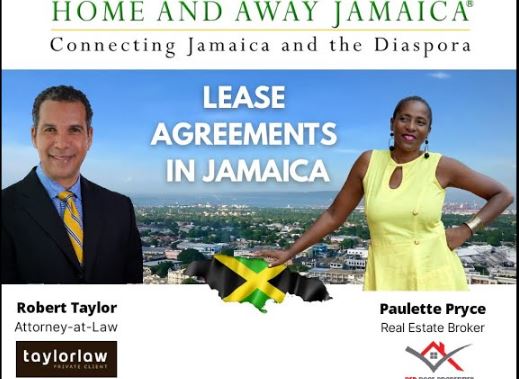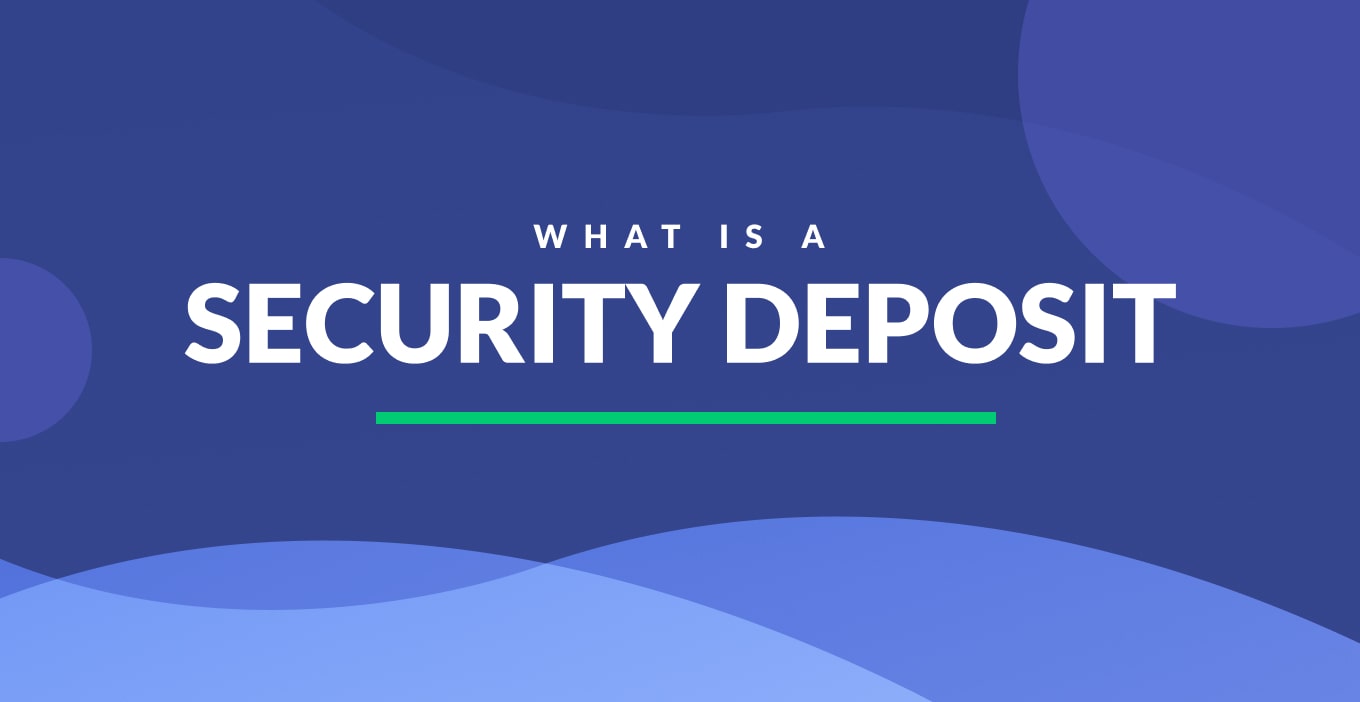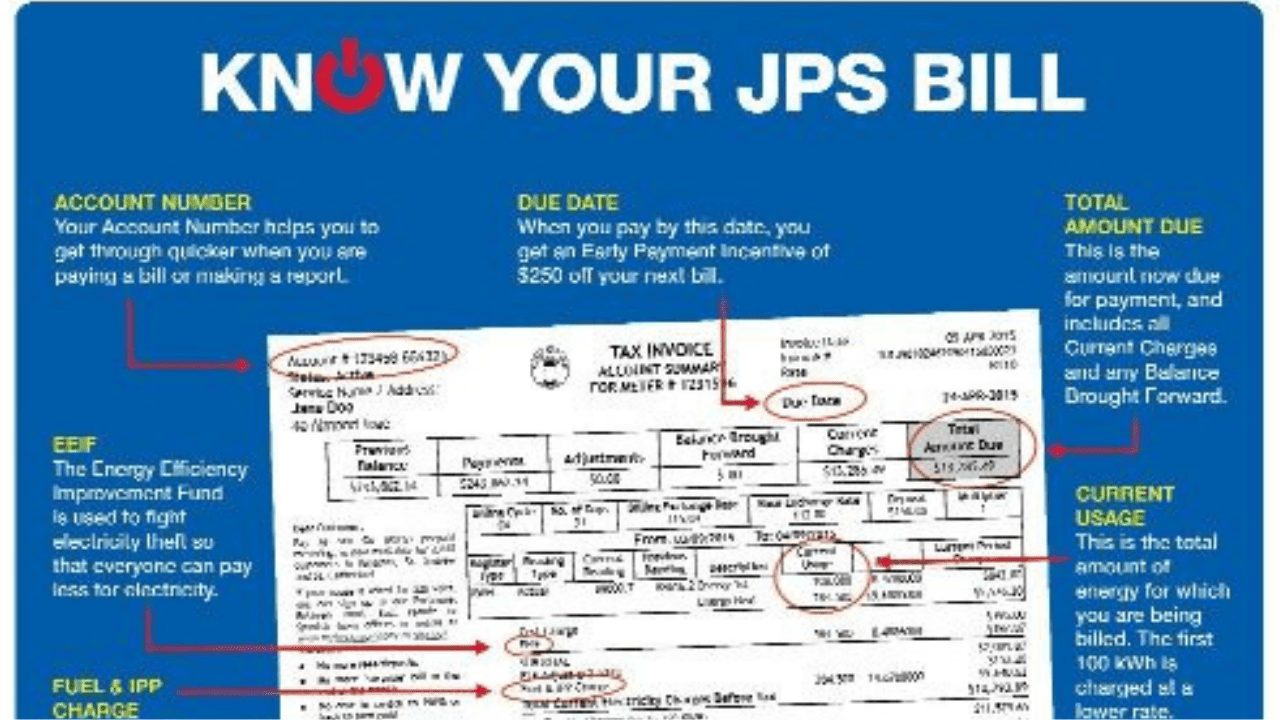
Navigating Rental Agreements in Jamaica: What to Know
Renting a property in Jamaica can be an exciting process, but understanding the ins and outs of rental agreements is essential to avoid potential issues. Whether you're a tenant or landlord, knowing what to look for and what your rights and obligations are will ensure a smooth rental experience. This guide outlines the key elements to keep in mind when navigating rental agreements in Jamaica.
1. Understand the Basics of a Rental Agreement
A rental agreement, also known as a lease, is a legally binding contract between the landlord and tenant. It outlines the terms and conditions under which the tenant agrees to rent a property from the landlord. Key components of the agreement include:
- Rent Amount: The agreed-upon monthly payment and when it’s due.
- Security Deposit: The amount required as a deposit, typically equivalent to one or two months' rent.
- Lease Term: The duration of the lease, usually 6 months to a year.
- Utilities and Maintenance: Details on who is responsible for paying for utilities (water, electricity, internet) and property maintenance.
2. Rent Increases and Payment Terms
It’s important to clarify how and when rent increases might occur. In Jamaica, rent increases are typically negotiated at the end of a lease period. However, tenants should confirm whether there are any provisions for rent adjustments during the term of the lease. Additionally, ensure that payment methods are clearly outlined, whether by direct deposit, cash, or another method.
3. Security Deposit and Refund Policies
A security deposit is often required when entering into a rental agreement, which acts as a form of insurance for the landlord in case of damages or unpaid rent. Tenants should make sure to:
- Understand the Conditions for Refund: The deposit is refundable at the end of the lease if the property is in good condition.
- Document the Property’s Condition: Before moving in, inspect the property with the landlord and take photos of any existing damage. This can help avoid disputes later.
4. Maintenance and Repairs
Rental agreements in Jamaica should clearly define who is responsible for maintenance and repairs. In many cases:
- Landlord’s Responsibility: Structural repairs, plumbing, electrical, and roof repairs are usually the landlord’s responsibility.
- Tenant’s Responsibility: General upkeep, such as cleaning and minor repairs, is often the tenant’s duty. Be sure to document any repairs that are needed before you move in and notify the landlord in writing if something requires fixing during your tenancy.
5. Termination Clauses
The termination clause outlines the conditions under which the lease can be ended by either the tenant or the landlord. Some points to consider include:
- Notice Period: Typically, a 30-60 day notice period is required by either party before terminating the lease.
- Early Termination: If you need to break the lease early, there may be penalties involved. Clarify the process for subletting the property or finding a replacement tenant if necessary.
6. Renewal and Extension Options
Many rental agreements in Jamaica are for a fixed term, usually 12 months. However, tenants and landlords can negotiate a renewal or extension of the lease before it expires. Be sure to:
- Discuss Renewal Terms: Negotiate rent and any other changes before signing a new agreement.
- Automatic Renewal: Some leases may automatically renew unless notice is given. Understand how the lease will proceed if you intend to stay longer.
7. Tenant and Landlord Rights
It’s crucial to know your rights as a tenant or landlord. In Jamaica, both parties have protections under the Rent Restriction Act:
- Tenant Rights: Tenants are entitled to live in a property that is safe and habitable. They cannot be evicted without due process.
- Landlord Rights: Landlords have the right to receive rent on time and to take action if tenants violate the terms of the lease, including eviction for non-payment of rent.
8. Special Clauses or Conditions
Additional clauses may be included in the lease depending on the landlord or property. These might include:
- No Pets Policy: Many landlords specify whether pets are allowed.
- Utility Cap: There may be limits on utility usage, and exceeding those limits may result in additional charges.
- Subletting: Some agreements may restrict the tenant from subletting the property without the landlord’s consent.
9. Legal Assistance
If you’re unsure about any terms or conditions in the rental agreement, it may be wise to seek legal advice. A real estate lawyer can help you navigate complex clauses, explain your rights, and ensure you’re fully aware of your obligations.
Conclusion
Navigating rental agreements in Jamaica requires attention to detail and clear communication between the landlord and tenant. Understanding your lease, knowing your rights, and being clear about the expectations can help prevent disputes and ensure a positive rental experience. Whether you're renting a home for the first time or you’re an experienced tenant, staying informed about rental laws and common practices is essential.




